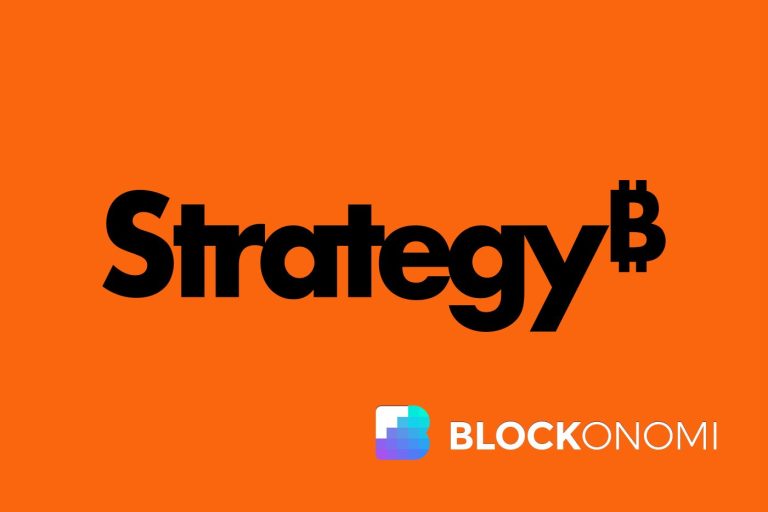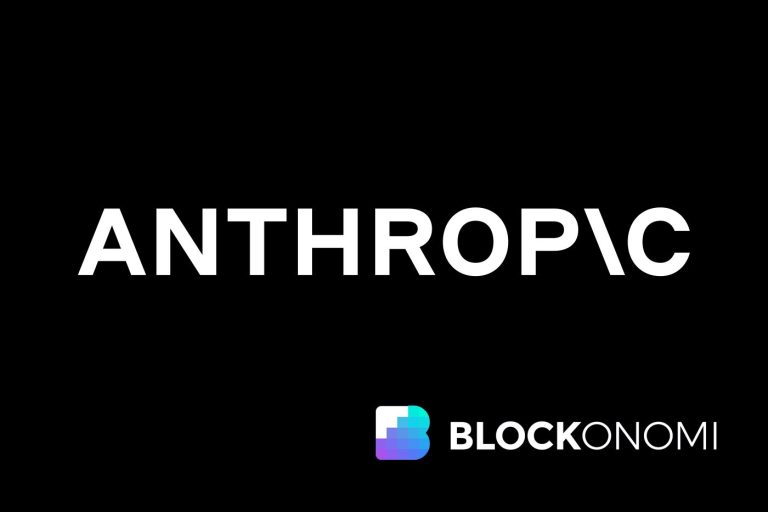
Setting Your Vision: Defining What Success Means to You

Identifying Your Core Values
Start by reflecting on what truly matters to you. Core values are the guiding principles that dictate behavior and action. They can help you determine what is truly important to you, making it easier to stay true to yourself while pursuing your goals.
Envisioning Your Future
Imagine the life you want to lead. What does success look like to you? Is it a position of influence, financial freedom, or perhaps personal fulfillment? Sketching a clear picture of your future is crucial in setting a direction for your personal development journey.
Setting Achievable Milestones
Break your ultimate goal into manageable, realistic milestones. This approach not only makes the journey more manageable but also provides a sense of accomplishment along the way. Use a structured format like a timeline or a checklist to keep track of your progress and stay motivated.
Building a Robust Skill Set

Identifying Key Skills for Growth
In today’s competitive landscape, identifying and nurturing key skills is essential for personal and professional growth. Start by assessing your current skill set and pinpointing the areas where you need improvement. Focus on skills that align with your career goals and personal aspirations. Utilize resources like skill assessment tools and professional feedback to make informed decisions about which skills to develop.
Learning Methods and Resources
Once you’ve identified the skills you need, the next step is to explore the best ways to learn and enhance these abilities. Consider a mix of formal education, online courses, workshops, and self-study. Here’s a quick guide to help you get started:
- Online courses: Platforms like Coursera, Udemy, or LinkedIn Learning offer a wide range of topics.
- Workshops and seminars: Look for industry-specific events that provide hands-on experience.
- Mentorship: Connect with a mentor who has expertise in your area of interest.
Tracking Progress and Staying Motivated
Keeping track of your progress is crucial for sustained growth. Set clear, measurable goals and regularly review your achievements and areas for improvement. Celebrate your successes, no matter how small, and adjust your strategies as needed to stay on track. Staying motivated can be challenging, but remember, the journey of personal development is a marathon, not a sprint.
Overcoming Challenges and Staying Resilient

Identifying Common Obstacles
Every journey toward personal growth encounters its share of obstacles. Recognizing these challenges early can be the key to preparing for and overcoming them. Common hurdles might include fear of failure, lack of resources, or external pressures. By identifying these obstacles, you can strategize effectively to mitigate their impact.
Strategies for Resilience
Building resilience is crucial for personal development. Develop a growth mindset and approach challenges with a positive attitude, seeing them as opportunities to learn and grow. Essential skills for resilience include competence, confidence, and coping mechanisms. Structuring your approach to challenges with these skills can greatly enhance your ability to thrive.
Seeking Support and Guidance
No one achieves success in isolation. Seeking support from mentors, peers, or professional counselors can provide you with the guidance and encouragement needed to navigate difficult times. Establishing a strong support network is not just beneficial; it’s essential for sustained personal growth and overcoming challenges.
Maintaining Balance and Wellness

Importance of Physical Health
Maintaining a robust physical health is crucial for overall well-being and productivity. Regular exercise, balanced nutrition, and sufficient sleep are foundational to physical health. Incorporate a variety of physical activities to keep your routine engaging and beneficial.
Mental and Emotional Well-being
Your mental and emotional health are just as important as your physical health. Practicing self-compassion and acceptance helps you maintain a healthier inner dialogue. Meditation, deep breathing, and maintaining work-life boundaries are effective strategies for preserving mental balance.
Integrating Wellness into Daily Life
To truly benefit from wellness practices, integrate them seamlessly into your daily routine. Viewing obstacles as growth opportunities and setting realistic expectations can significantly enhance your daily life quality. Use simple techniques like setting reminders for short meditation sessions or planning weekly meal preps to ensure consistency in your wellness journey.
Conclusion
In conclusion, crafting a personal development plan is not just about setting goals, but about understanding and implementing strategies that cater to your unique journey towards success. It’s about self-discovery, discipline, and continuous growth. Remember, the path to personal and professional success is not linear—it twists, turns, and presents new challenges and opportunities for growth. Embrace this journey with an open mind and a committed heart. By doing so, you will not only achieve your goals but also become a more insightful, resilient, and fulfilled individual. Here’s to your success!






